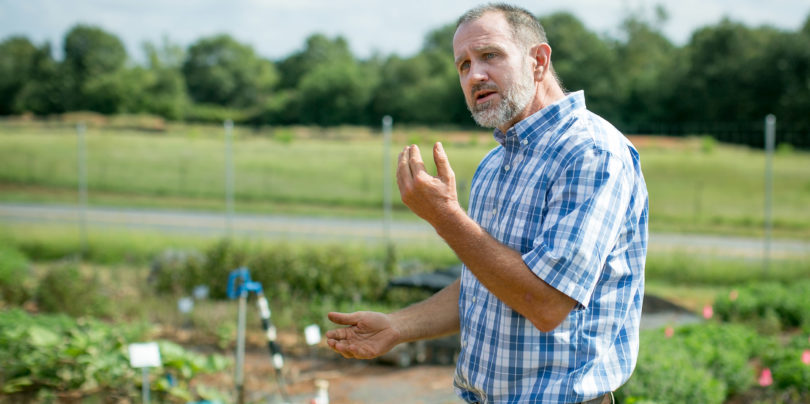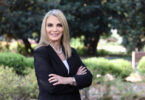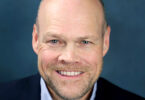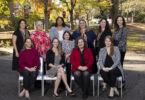Drive by the UGArden on South Milledge Avenue any day of the week and you’re likely to see David Berle, a wide-brimmed hat shading his face, working the fields alongside students.
The garden is one of the many “classrooms” he has occupied since he joined UGA as an instructor in 1999 and began putting his teaching-by-doing skills to work.
Berle’s commitment to service-learning was recognized recently by the Gulf-South Summit on Service-Learning and Civic Engagement through Higher Education, which named him Service-Learning Practitioner of the Year. It’s the second time in less than a year that the associate professor of horticulture has been honored on a national level for his service in academia. Last fall he was among five finalists for the Thomas Ehrlich Civically Engaged Faculty Award, a national honor given annually by Campus Compact, a national coalition of more than 1,000 universities committed to civic engagement.
At UGA, Berle was engaged in service-learning before it was officially recognized by the university.
“He’s definitely one of our early leaders,” said Shannon Wilder, director of the Office of Service-Learning, established in 2005. “I think he’s a champion. When you’re trying to launch university-wide initiatives you have to have champions who believe in what you’re doing and tell students and colleagues it’s important and here’s why.”
In one of his early courses, be brought members of the UGA Landscape Club together with students in a Geographic Information Systems course to create a beautification and management plan for the Gospel Pilgrim Cemetery in East Athens.
“It made sense that you would continue to do work in the community in some way,” he said. “I’ve always had some sense that people that have certain advantages should make some effort to help those that don’t, whether it’s volunteering or giving money for tax-deductible donations. The one thing this job affords me is the opportunity to kind of do that.”
More recently, he received a U.S. Department of Agriculture grant to launch a Certificate in Local Food Systems program, which led to the creation of the UGArden, a student-run farm that provides produce to families and older adults in need in the Athens area. He is the former director of the certificate program and currently serves as director of the UGArden.
He and Kim Skobba, an assistant professor of financial planning, housing and consumer economics, teach a course on green building, during which students build a tiny house, which is then given through a nonprofit organization to a Georgia farmer who needs housing.
“I think the big takeaway message from David is to follow your passion and if you see an opportunity, just try it,” Skobba said. “Have the courage to try new things. He has a lot of different ideas that he’s developing and he just forges these connections with people.”
He left such an impression on English major Shea Conlan that she went into horticulture upon graduating in 2015.
Conlan, who is education and outreach director for the nonprofit Seed Savers Exchange in Iowa, recalls learning to drive a tractor and work a roto-tiller during her time at the UGArden.
“Ultimately it’s empowering to say that I am confident in operating a tractor,” Conlan said. “He just went above and beyond to make sure we were having a well-rounded experience and learning about all different parts of organic gardening.”
“Even if I’d discovered horticulture without the firsthand experience, I wouldn’t be prepared to do the job I do now. I wouldn’t have the knowledge I have now.”








